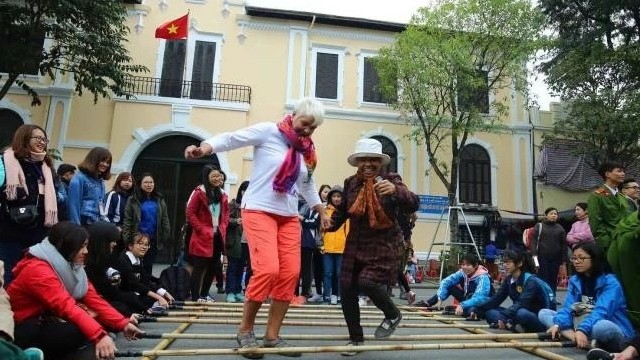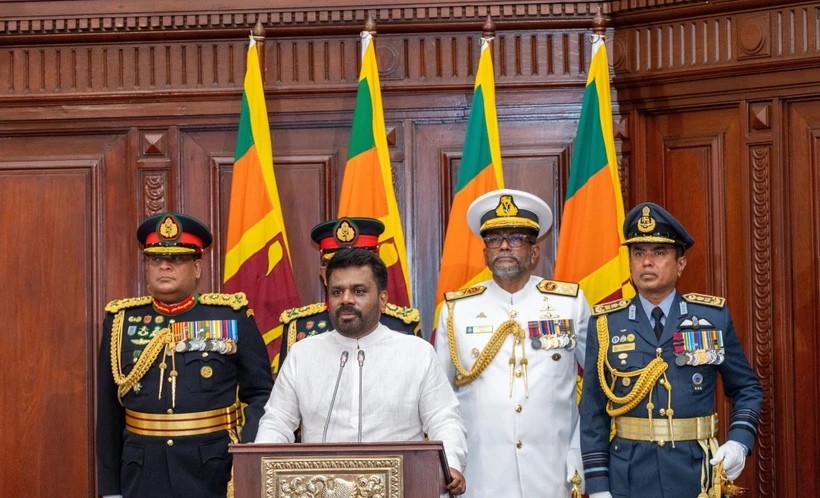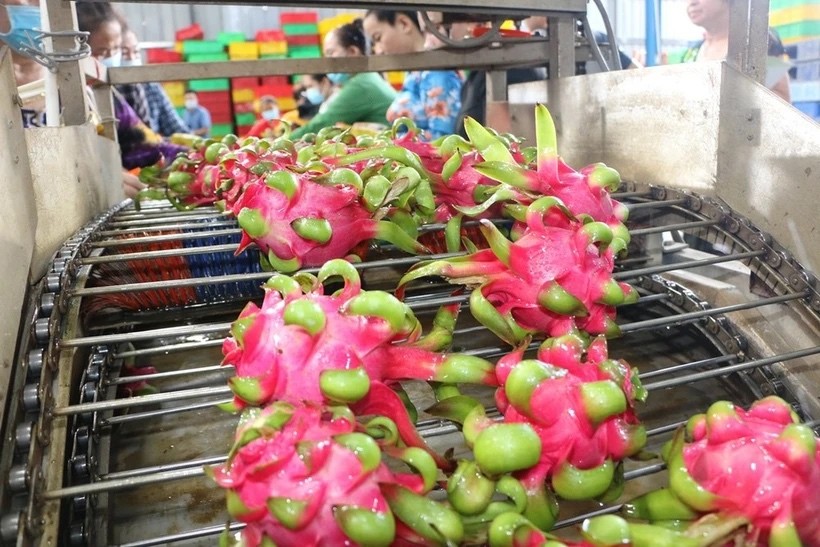Soft Power in the Era of Nation's Rise - Part 1
The Role of Culture - Soft Power in the Era of Nation's Rise
| Vietnamese Intellectuals in France Aspire to Contribute to “"Era of Nation's Rise" | |
| 64 Years of Vietnam-Cuba Relations: Inheriting Tradition, Expanding Future Cooperation |
The Role of Culture - Soft Power in the New Era
Soft power from culture not only fortifies Vietnam's internal strength but serves as also an effective tool in diplomacy, contributing to enhancing the country's positive image on the international stage."
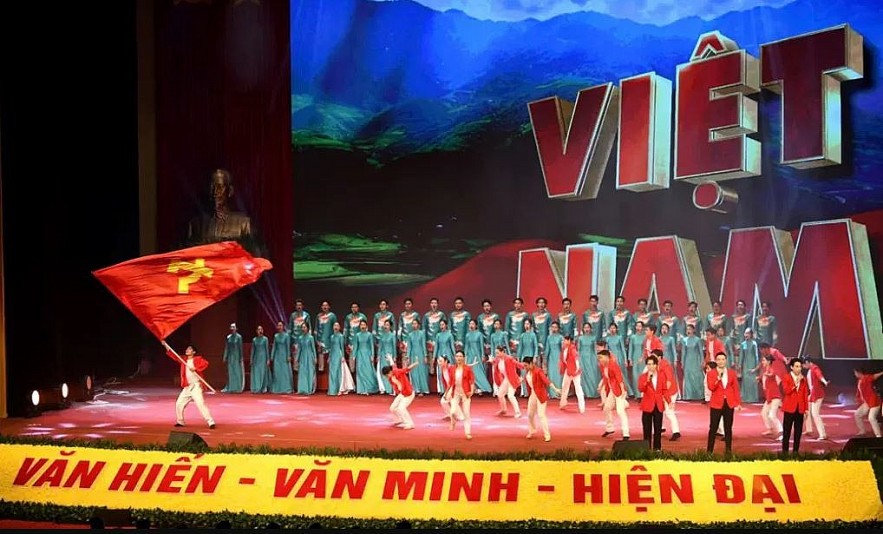 |
| Photo: Tuyengiao.vn |
Affirm national identity
Vietnam's Party and State steadfastly pursue the goal of cultivating an advanced Vietnamese culture with a strong national identity. Culture is the essential element that shapes national identity and helps Vietnam preserve its unique values in the new era. It encompasses not only art forms, festivals, and customs but also the spiritual values, ethics, behaviors, and thinking of the Vietnamese people across generations. These unique cultural traits have forged the image of a resilient Vietnam, rich in identity, and serve as the foundation for building national pride.
Key elements of Vietnamese cultural identity, such as patriotism, hospitality, a love for learning, and adaptability in integration, not only create enduring connections between generations of Vietnamese people but also project a distinct image when the country engages with the world. Traditions like drinking tea, celebrating Tet, and folk songs such as Quan Ho and Vi Dam are well-recognized cultural features and heritages that international friends associate with Vietnam. This cultural heritage enables Vietnam to maintain its distinctiveness amidst global cultural diversity.
Serve as an effective instrument for diplomacy
Culture has become a potent diplomatic tool in fostering cooperation and cohesion between countries. As globalization expands beyond economic cooperation to include cultural exchange, the soft power of culture serves as a bridge, conveying the message of a friendly, peaceful, and cooperative Vietnam. Vietnam has implemented the Cultural Diplomacy Strategy and the External Cultural Strategy as policies and instruments to enhance diplomatic activities through culture. Initiatives such as the Vietnam Cultural Week, international cultural exchange programs, events promoting Vietnamese cuisine, and folk art performances abroad demonstrate the effectiveness of cultural diplomacy.
Cultural exchanges allow international friends to engage with and understand Vietnam's people, history, and traditions, fostering empathy and bridging linguistic and geographical gaps. For instance, Vietnamese cuisine—featuring dishes like pho, bun cha, goi cuon, and banh mi—has become a cultural symbol of the nation's richness, sophistication, and creativity, enhancing international perceptions of Vietnamese culture.
In the digital age, Vietnamese cultural products, from movies and music to contemporary art projects, can spread more rapidly and widely. Social media platforms such as YouTube, Instagram, and TikTok have become vital tools for sharing Vietnamese cultural content with international audiences in a dynamic and relatable way. This contributes to building a positive image, enhancing understanding, and strengthening connections between Vietnam and other countries.
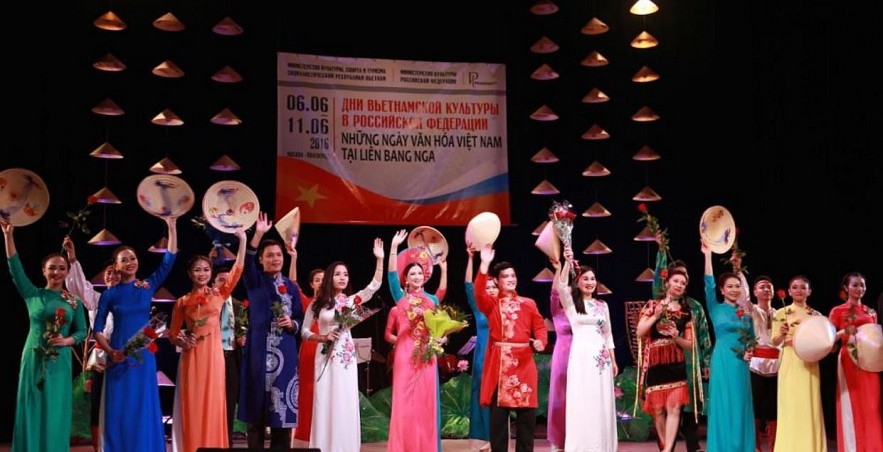 |
| Photo: Ministry of Culture, Sports, and Tourism |
Promote national solidarity and pride
Culture plays a vital role in connecting communities, fostering patriotism, and nurturing national pride, especially in the context of globalization, which brings diverse ideologies and values. In 2024, Vietnam marks the 70th anniversary of President Ho Chi Minh's inspirational quote for the nation: 'The Hung Kings built the country, we, your descendants, must work together to protect the country.' Long-standing cultural traditions and heroic historical stories are the foundation for instilling affection for the homeland in every Vietnamese person. Amid the changes and challenges of globalization, culture acts as a thread uniting all societal classes, guiding everyone towards the common goal of the nation's prosperous development.
For overseas Vietnamese, culture serves as a spiritual bridge and a symbol of the homeland. Traditional festivals, Tet, traditional holidays, and national dishes not only unite Vietnamese people at home but also offer pride and a means for those living abroad to preserve the image of their homeland in their hearts. These cultural values strengthen the national spirit, highlighting the responsibility towards their homeland.
In the era of integration, enhancing national pride and solidarity is crucial. Solidarity helps create a strong community ready to face contemporary challenges, while national pride motivates Vietnamese people to strive for the country's development. Therefore, national cultural values need to be vigorously promoted and deeply ingrained in the consciousness of every Vietnamese person.
Foster momentum for socio-economic development
Culture is also a driving force for socio-economic development. Cultural products generate significant economic value through creative industries such as cultural tourism, cinema, publishing, and music. Vietnam's unique culture has long captivated international attention, and cultural tourism acts as an effective bridge to showcase these treasures, contributing substantially to the nation's income.
Traditional festivals, cultural heritages like Hoi An Ancient Town, Hue, My Son Sanctuary, and local customs and practices are invaluable assets that can be leveraged for tourism development. Sustainable development of these cultural tourism products not only preserves cultural identity but also creates job opportunities and stimulates local economies. This synergy between culture and economy enhances people's lives and promotes social development.
Moreover, the development of cultural industries enables Vietnam to harness the creative potential of its people. Sectors such as design, advertising, media, and entertainment technology can generate significant income and form the backbone of a knowledge-based economy. These industries are being prioritized for development, to meet domestic demand and expand into international markets.
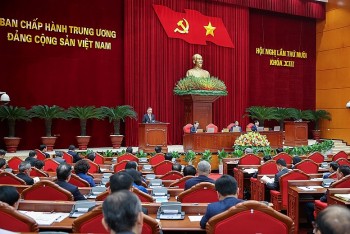 | Vietnam Steadily Enters Era of Nation's Rise: Addressing Challenges and Opportunities In his closing remark at the 10th plenum of the Communist Party of Vietnam's Central Committee in the 13th term, General Secretary To Lam said ... |
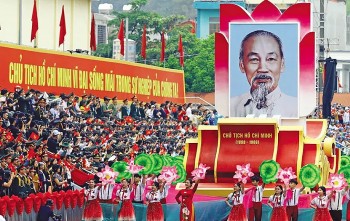 | Vietnam Steadily Enters Era of Nation's Rise: The Way Forward Recognizing the current situation, the Communist Party of Vietnam has set out the following key goals and tasks: continue to prioritize the dual strategic objectives ... |
Recommended
 Focus
Focus
Vietnam Leaves Imprints on the World Peacekeeping Map
 Viet's Home
Viet's Home
“Global Vietnamese Singing 2025” - Connecting Hearts Longing for Homeland
 Viet's Home
Viet's Home
Vietnam’s People's Public Security Force Actively Contributes to UN Peacekeeping Operations
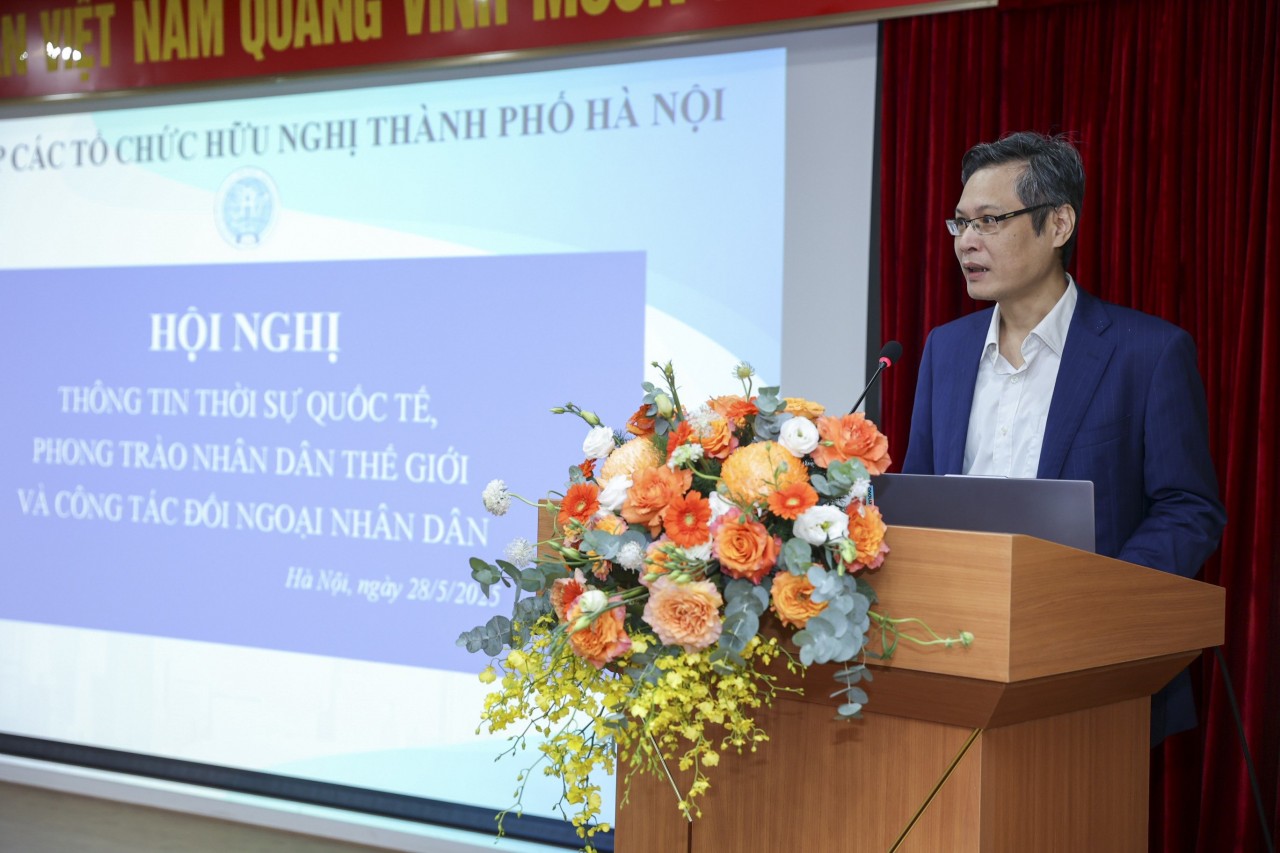 Viet's Home
Viet's Home
HAUFO Enhances Competence of People-to-People Diplomacy Personnel
Popular article
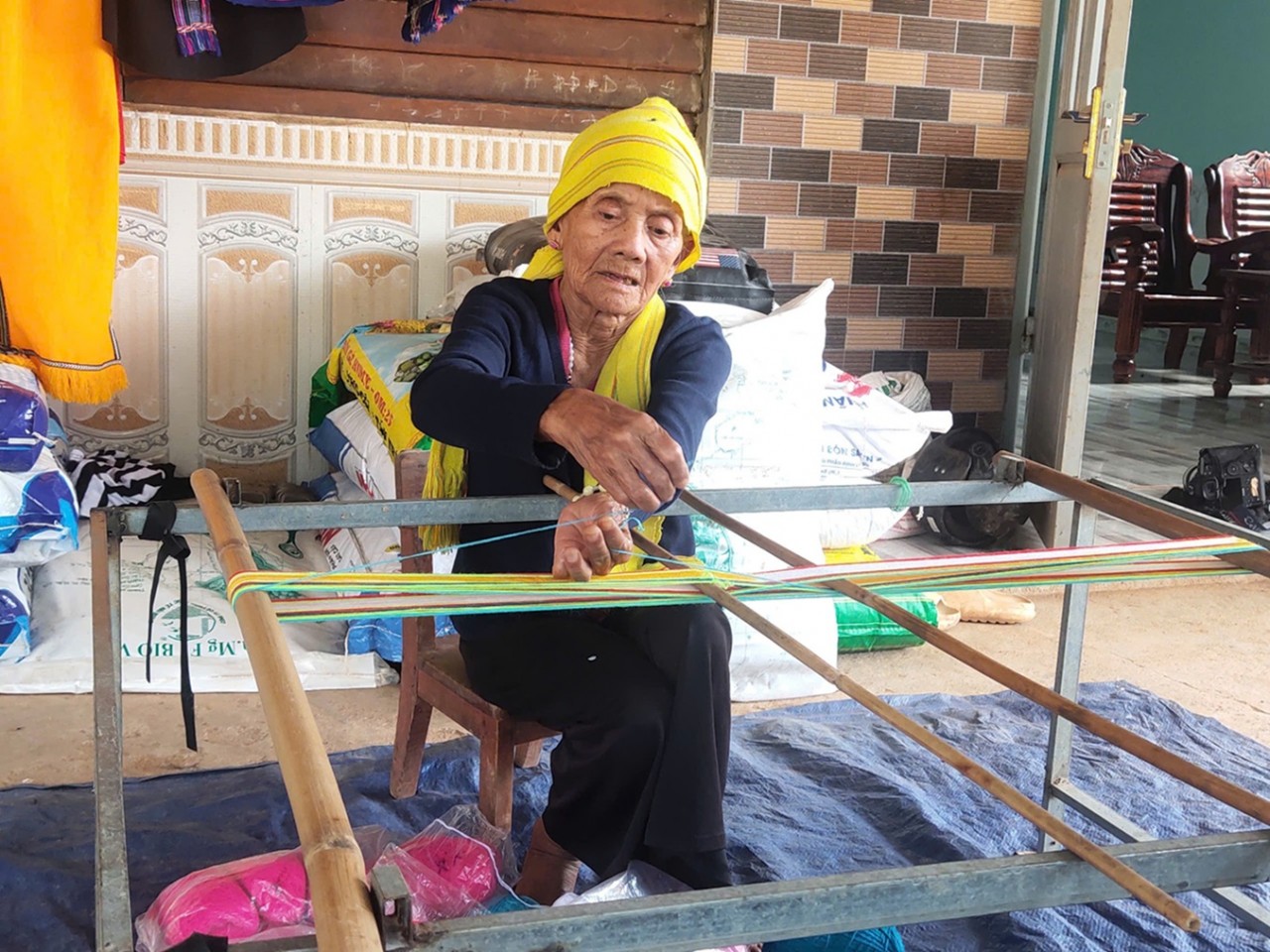 Viet's Home
Viet's Home
Hands that Reserve Da Long Brocade Craft
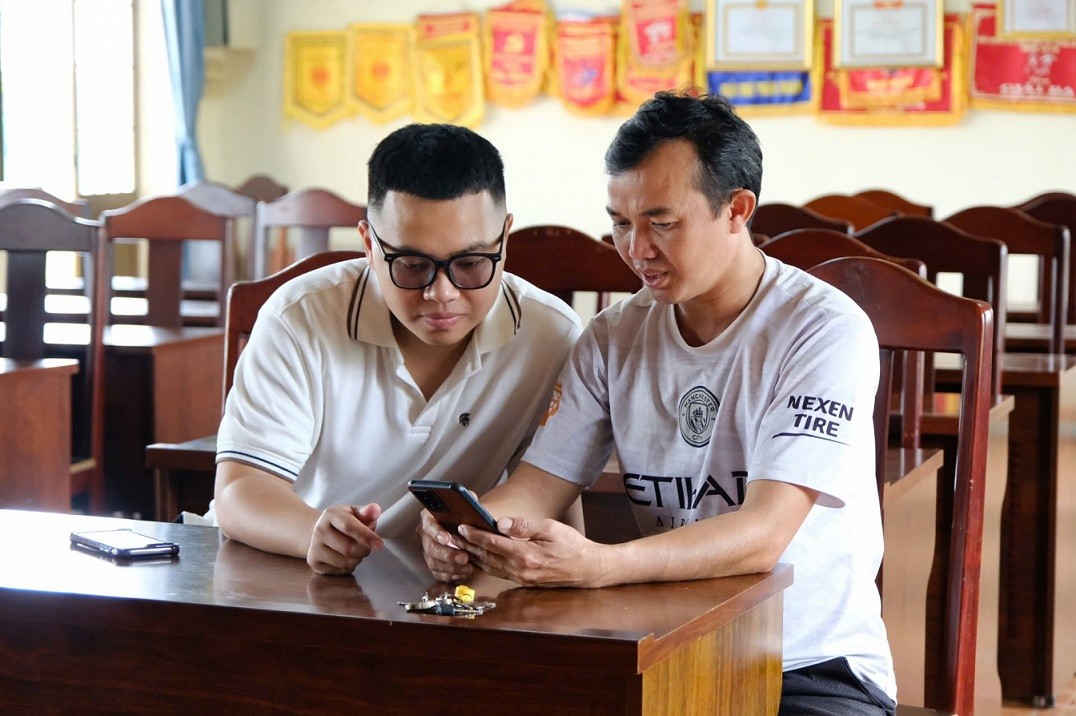 Viet's Home
Viet's Home
Da Rsal – How Digital Transformation Reshape a Poor Commune
 Viet's Home
Viet's Home
Vietnam Classified as “Low Risk” Under the EU Anti-Deforestation Regulation
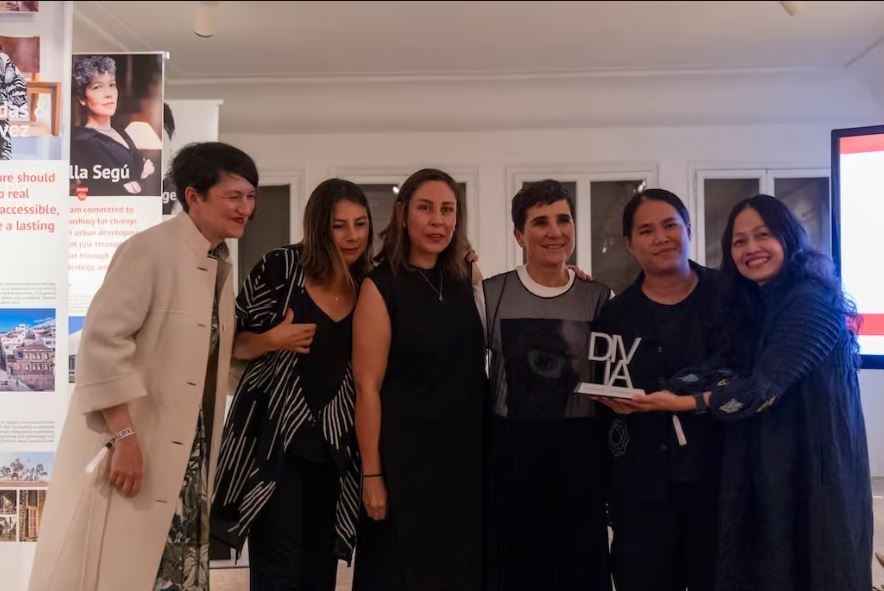 Viet's Home
Viet's Home




